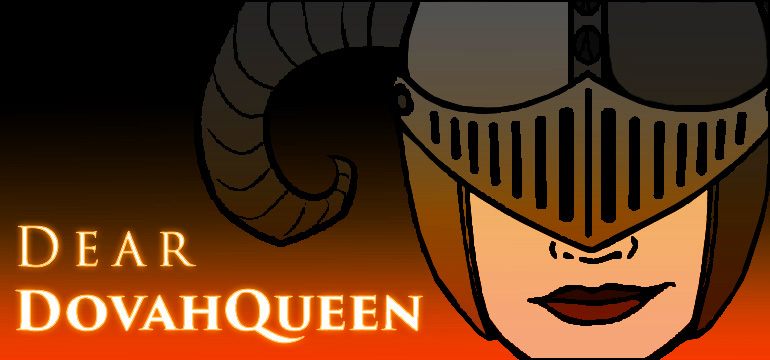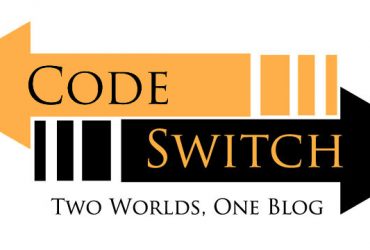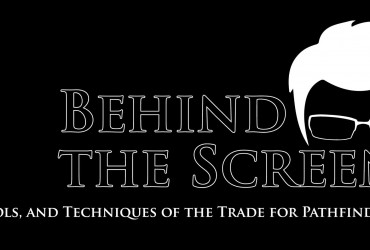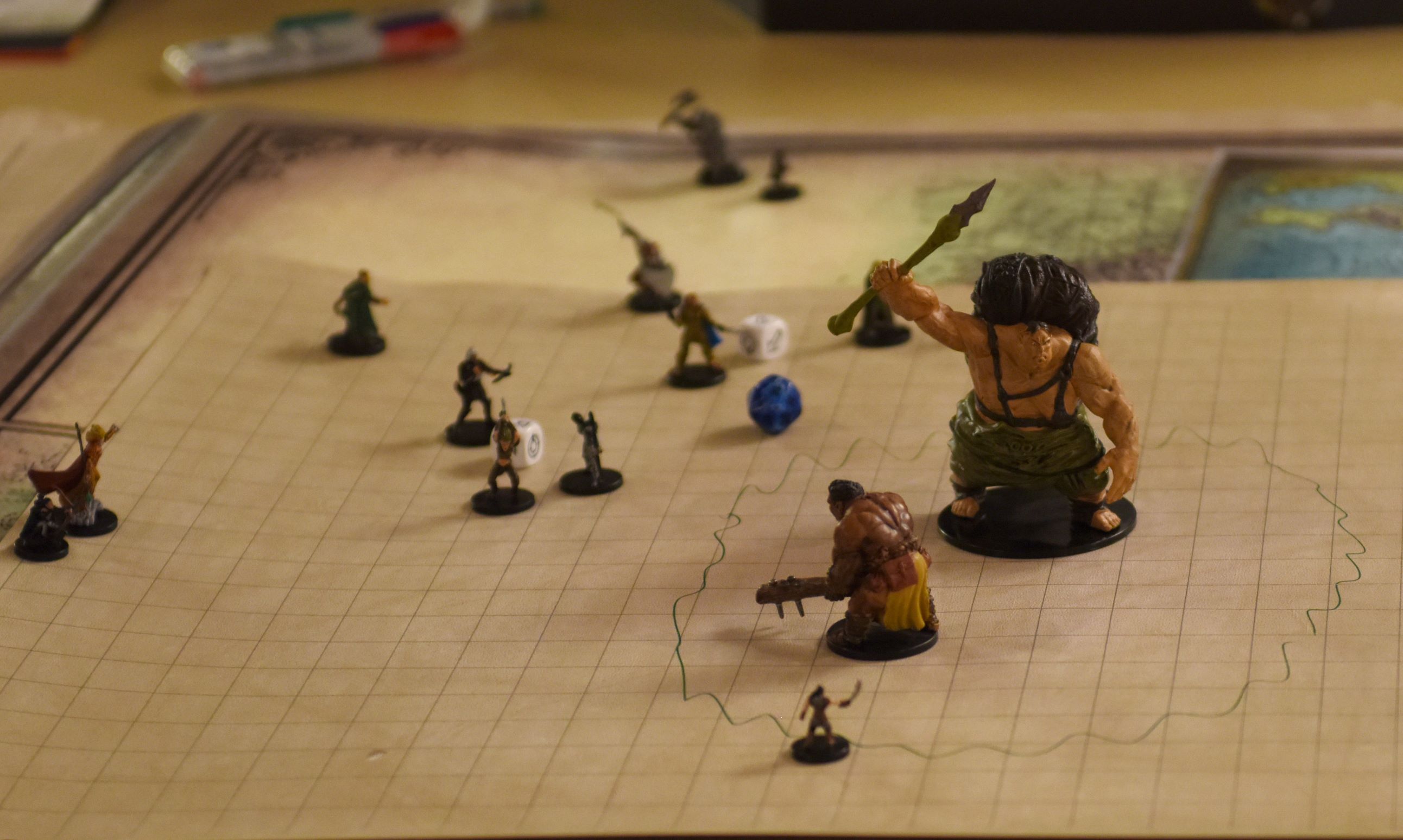Dear DovahQueen: My group has trouble staying engaged and in character in game. Any ideas what I can do to help keep it a semi serious tone without the game spinning off to ridiculous land?—Part-Time Adventurer
Dear Parsley-Thyme: So, this comes up a lot, and there aren’t a lot of easy answers for it. Most of that is because everyone seems to be looking for something a little different from the game, and it’s hard to get everyone on the same page when they’re reading from different books. You don’t wanna force people to play the same way, but you can look at some ways to help everyone’s playstyle mesh well together. Engagement is probably the most common issue I see, and it goes hand-in-hand with staying in-character as well; working towards either end will likely help the other.
For starters, one of the most effective ways of keeping a game under control is often one of the least utilized methods: being bossy. Seriously though, either as a GM or as a player, raising your voice a little to steal everyone’s attention and refocus it to the story can really go a long way. “ALRIGHT HEY! Cmon, let’s get back to it; these orcs aren’t gonna murder themselves.” I think that most folks don’t wanna do this because they’re worried about coming off as some kind of an asshole. That’s a pretty common feeling, but you just gotta push through it. People rarely *realize* they’re in the middle of a tangent that’s derailing the game, and when you point it out, few are going to consider it an offense on your part. If they do, then the real asshole has revealed themselves.
Another thing to consider for keeping engagement up is the *why* people are getting distracted. Folks tend to be more vulnerable to distractions when it feels like, to them, it’s taking a very long time for them to get to do anything. If another player is just kinda slow, you may have to use a little bit of the last option to speed them. “Alright, you bashed the lock and the door flew open. Let’s let see if someone else wants to do a thing.” It’s really easy for a player to get super focused on their character and not realize that the spotlight is being hogged; there’s nothing wrong with gently making room for someone else to take a turn. You may even try to nudge players into using their character words over their player words. That sounds a little weird, and policing language is really a vast no-no as far as I’m almost always concerned, but a little bit of tweaking can go a long way.
Player A: “I tell the barkeep that I’d like to see his menu.”
GM: “Don’t tell me; tell him….in character.”
Sure, it can feel kinda pedantic and like you’re badgering your players, but the kind of behaviors that help a player be a better roleplayer are more habit than skill. That small, regular reinforcement could be just the thing.
A lot of those boil down to the GM’s main role in the group: babysitter. Keeping everyone on track and invested is a chore, but someone’s gotta do it for the betterment of the game. I personally find that these behaviors are good practice and solve a lot of problems before they start, but to really take your engagement to the next level, consider more unconventional or innovative methods. One thing that I like to use is props. Not foam broadswords and such; those are tools that promote distraction rather than alleviate it. Maybe grant a 1% XP bonus to the player that physically keeps their character’s journal at the table and writes in it in-character. If they’re an important, physical plot-device like a letter or some such, make it in real life to hand to them. The same can be said for puzzle devices when applicable and not overly cheesy. The spoken word can be amazing for a lot of things, but it’s not perfect. Sometimes getting your players to be a little more hands-on can really help to get them locked into their character.
Lastly, never ever underestimate the value of helping make their characters colorful enough to be engaged in. Sam the Fighter whose most defining feature is that he can swing a sword good doesn’t exactly encourage his player to take in-character engagement very seriously. You don’t need be ham-fistedly forcing them to make the characters that you want to see, but you can nudge them in certain directions. “What’s his personality? What’s his family situation? Does he have a favorite food? Hobby? Irrational fears? Did he leave his homeland? Why?” It’s more about helping your players fully flesh out their character. Sure, this is easier in character creation, but it doesn’t have to begin and end there. Every great character undergoes development over the course of the story, and RPG characters need not be any different. As a GM, grow that player’s character like a seed. Expose them to difficult moral choices. Force them to change. Push them through the story in such a way that the character which starts at level 1 is in no way the same character that comes out at level 10. One of the ways I accomplish this as a GM or as a player is with disfigurement. Sure, this is NOT the best method for everyone, but when one of my players or characters goes unconscious from wounds sustained during combat, I assign them a disfigurement by drawing a card from the critical hit deck. “The monster hits you for 12 and you drop to -2. Draw a card. Looks like you got ‘ear slashed’. Make a note on your character sheet, that you now suffer a -2 to sound-based perception checks.” For a GM, it can be hard to force such a thing on your players, because giving them a detriment feels like your being a terribad GM, friend, and person, but I promise that you’re not. By taking away two points of hearing, you’re adding substantially more in character development than that ear ever could.
In summary, think about ways to bring in props and know that it’s okay to be a little bossy and a little cruel because it’ll benefit the game greatly in the long run. Just try not to go overboard by micromanaging everything in the game, becoming a hoarder, or turning all of your players into paraplegics.
You can request RPG advice or send your questions by email to deardovahqueen@gmail.com, in the KnowDirection discord, or on Facebook.






